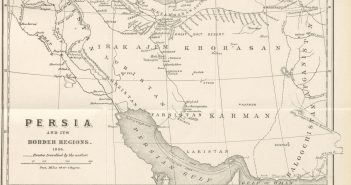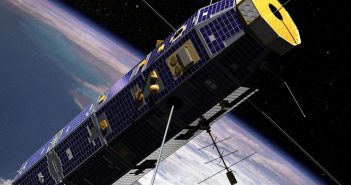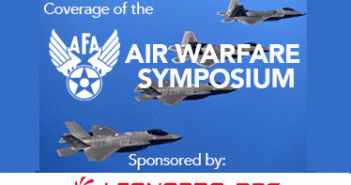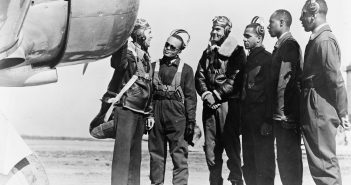
CSIS: ‘Implications of Ultra-Low-Cost Access to Space’
“Since the advent of the space age, a primary constraint on military, commercial, and civil space missions has been the cost of launch,” CSIS writes of its new report, “Implications of Ultra-Low-Cost Access to Space,” written by Aerospace Security Project Director Todd Harrison, Defense-Industrial Initiatives Group Director Andrew Hunter, International Security Program Research Associate and Program Manager Kaitlyn Johnson, and Aerospace Security Project Program Manager and Research Assistant Thomas Roberts. “Launching objects into space requires substantial investments in launch systems and infrastructure, which has restricted the market to only a handful of national governments and several large private companies. This study explores the possibility of a space industry significantly less constrained by the cost of access to space.”


![Defense & Aerospace Business Report [March 27, 2017]](https://defaeroreport.com/wp-content/uploads/2017/02/PodcastTile-351x185.gif)



